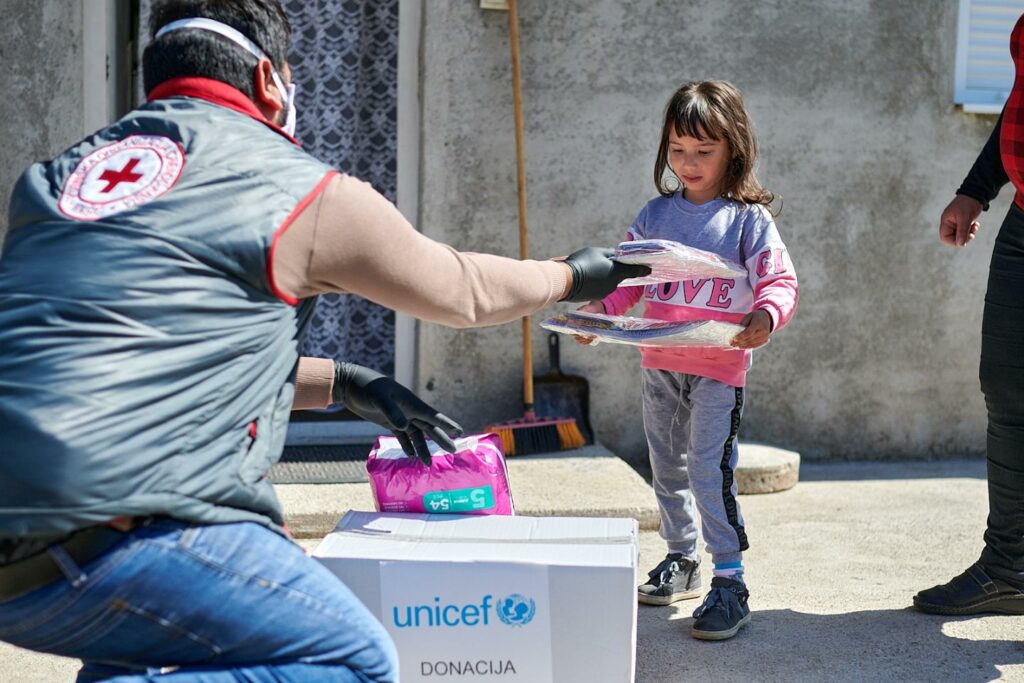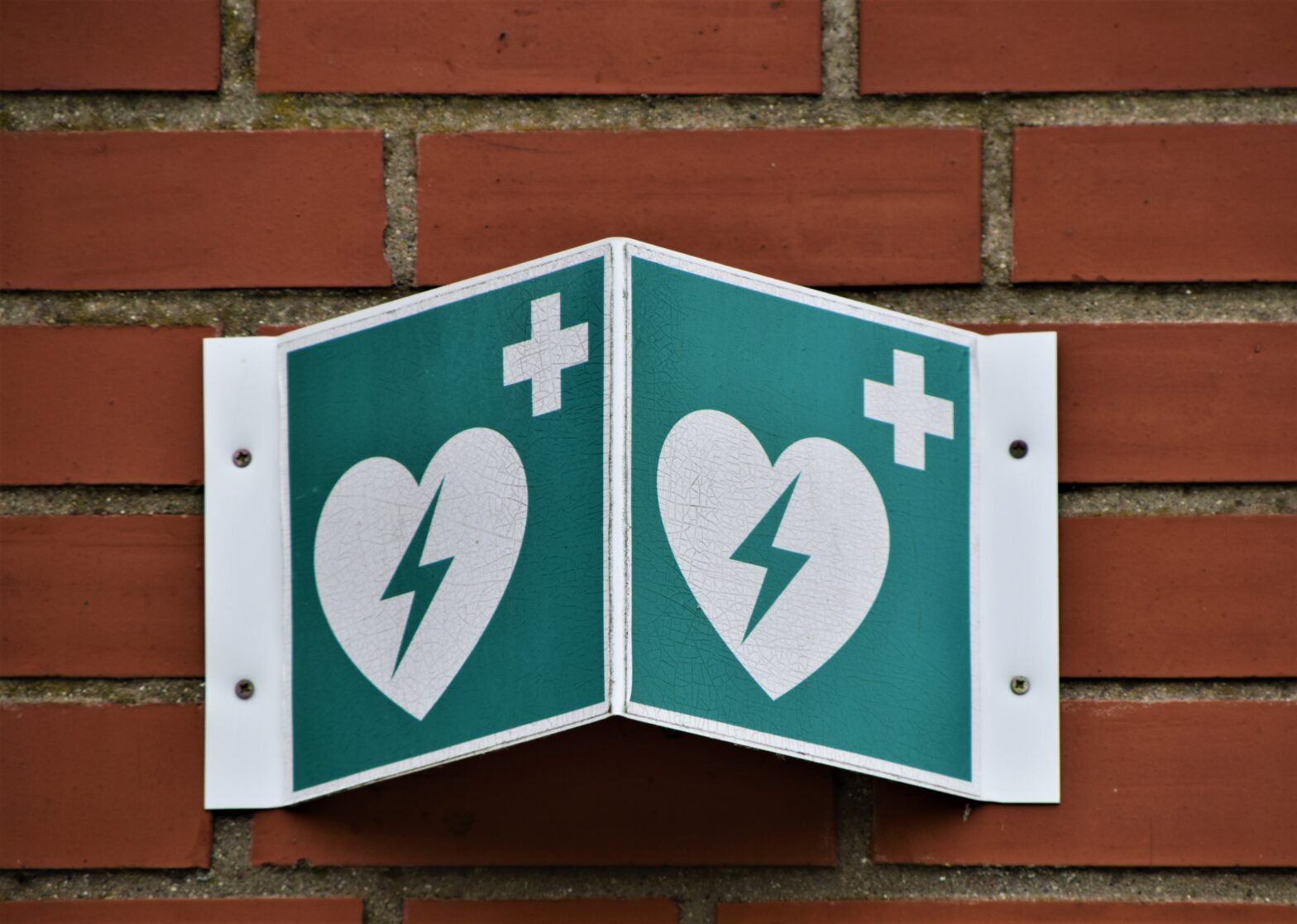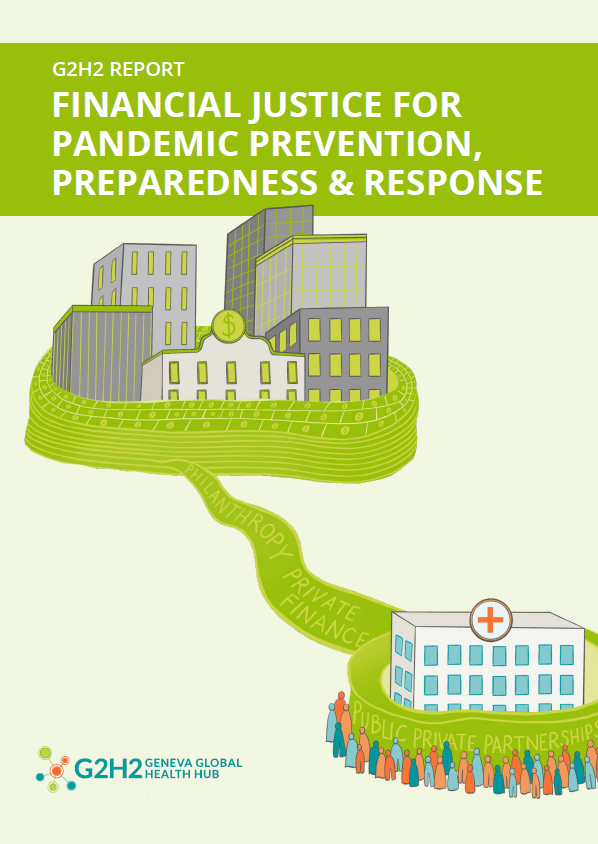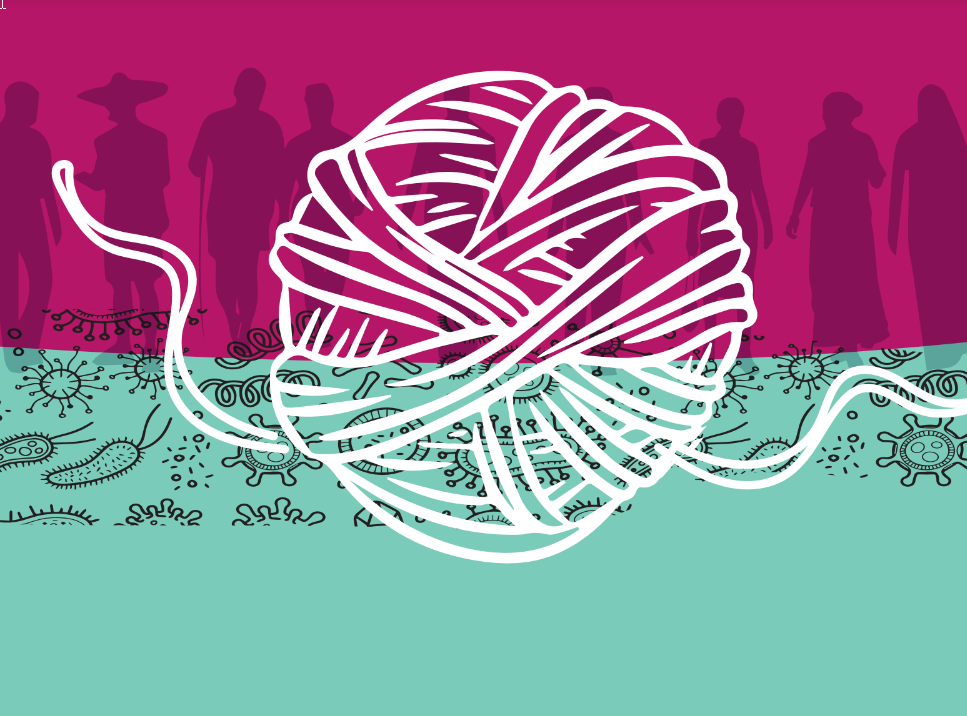Share Twitter Facebook Email Copy URL
Access to health care for stateless persons is a major problem. The emergency measures taken by European governments over the last two years to combat the COVID 19 pandemic have shown that the lack of inclusive health policies has affected access to COVID treatment and vaccines for stateless people… Is there a place for people who live nowhere? Should there be a minimum level of health care for all nowhere people?

In Europe, the majority of stateless people belong to Roma communities living in the Western Balkans. The disintegration of Yugoslavia significantly affected mobility and contributed to the rise of statelessness within the Roma community. The de facto statelessness of Roma after every war and state secession was that they had not obtained the necessary documents to apply for legal status in the country from which they had fled. A 2020 UN report on the rapid assessment of the impact of the Covid 19 pandemic in Montenegro states that 142 people are at risk of statelessness and 367 people are in a stateless-like situation, meaning that they have had an unresolved legal status for ten years or more, which prevents them from accessing basic services and rights. However, records from local organisations show that these numbers are much higher.
Stateless Roma live in informal settlements, are employed in the informal economy, have no access to social benefits and are excluded from access to education and health care. The vulnerability of these people is exacerbated by blatant institutional discrimination in all basic services and widespread antiziganism among the Montenegrin population. In order to legalise their status, stateless persons would have to travel to their country of origin in the region, mostly Kosovo, and obtain the missing documents. This requires an understanding of the legal procedures and considerable financial resources, which the people concerned do not have.
We spoke to Safet Zorjani, who lives in Konik, a Roma settlement in Podgorica, the capital of Montenegro. Due to his unclear legal status, his wife and children are not entitled to free health services. Therefore, during his wife’s pregnancy, as Zorjani told us, he never went with her to the doctor for check-ups.
“We had to pay for everything and had nowhere to go. I didn’t take my wife to the doctor at all, we only went to the hospital for delivery. When we need treatment for our children, we go to the doctor. If the doctor is kind enough to treat them for free, my children will be treated. Otherwise, we take them back home. They don’t even have a health card. Often we have returned from the hospital without treatment because I have to pay at least 7-8 € for each examination,” says Zorjani.
The procedures for legalising stateless people without papers can take a very long time, leaving them in a “legal limbo”. When Dule Hajrizaj was in a similar situation, he had a positive experience.
“My wife was pregnant. She has no status, no documents, because she is a displaced person from Kosovo. I do not have Montenegrin citizenship; I am a foreigner here and have Serbian papers. We knew from the experience of others that we had to pay for the birth of our child. I was told that the hospital costs were up to €700 or €800. I could not pay that. I don’t work anywhere. During the pregnancy we paid for all the examinations in private surgeries. But the costs for the delivery were too high,” Dule told us.
He turned to the Roma youth organisation “Walk with us-Phiren Amenca” for advice and financial support. The organisation contacted the Ministry of Health and the Ombudsman’s office on his behalf to find a solution so that he would not have to pay for the delivery at the clinic in Montenegro. Fortunately, their efforts were rewarded and they left the hospital with a healthy child and without a bill in their hands. The Directorate for Health Insurance, which is part of the Ministry of Health, complied with the NGO’s request because a clause in the Law on Health Insurance allows for medical care for displaced and internally displaced persons, including the Roma population, who have no legal status in Montenegro. The law provides for the release of special budgetary funds for the provision of health services to stateless persons. The Health Insurance Fund of Montenegro pays the bill and then receives reimbursement from the state budget. Unfortunately, this mechanism is not automatically activated when the situation requires it, unless an individual or an organisation invokes this paragraph of the law. And even then, there is no guarantee that it will be applied. In the case of Dule, the organisation’s involvement helped to set the mechanism in motion.
The Roma community is largely unaware of this possibility, although local organisations in all three regions of Montenegro disseminated information among Roma communities.
Since the beginning of Covid-19, the Ministry of Health has had an open testing policy that allows anyone to be tested if they have symptoms, regardless of their legal status.
“Fortunately, I was negative, although I had symptoms that resembled corona. But I had no problem getting tested. I went to the institute and asked. They did not send me home. I was tested and the doctors gave me a number to call and ask for the results,” says Aslan.
Extending health care to marginalised communities should be an imperative, and since vaccination against Covid-19 began, Montenegro has shown progressive solidarity with everyone living in the country.
“In the National Strategy, Roma are listed as a priority on page 36 among other categories of people at increased risk of infection due to socio-economic factors. Therefore, Roma can be vaccinated before the general population, as there is clear evidence that socioeconomic factors are aggravating circumstances that can influence the likelihood of infection with the SARS-CoV-2 virus, but also the severity of the consequences of infection,” the Institute of Public Health said.
It is a matter of entering the data into the Ministry of Health’s database without an identification number, and the institute relies on basic information that the individuals have or know about themselves.
“The records of these individuals are maintained under the protocol for immunisation against COVID-19 with the basic data they have,” the institute said.
The Institute also stated that given the low computer literacy and difficult access to electronic services, the implementation of immunizations in the Roma population is possible without prior appointment at all vaccination points.
“This initiative of the Ministry of Health is the most important step to enable and ensure equal availability and access to important Covid-19 health services, such as vaccinations, for all citizens of Montenegro,” the Institute said.
Among those vaccinated is Beriša Zejnuš, an activist who has supported the health centre’s doctors for years in actions to provide health care to the local Roma population.
“I thank the health centre for not forgetting us, for remembering these people who live here.”
Despite the efforts of the Ministry of Health, some obstacles have come to light.
First of all, there is the hesitation of the Roma community. The fact is that the response to vaccination is too low. The Public Health Institute states that only 185 members of 3 988 Roma in Konik camp have received the vaccine. This raises the question of whether additional measures are needed with regard to the Roma community. The steps taken by the neighbouring country Serbia can serve as an example. In the period from April to June 2021, Serbia organised outdoor information campaigns in 54 substandard settlements in 18 municipalities. The information campaigns focused on prevention, immunisation and cure of coronavirus and were conducted by experts from the Serbian Institute of Public Health.
Previous research by UNICEF and the Statistical Office of Montenegro has shown that the Roma community is much less likely to refuse vaccinations compared to the majority population. Thus, with a proactive campaign on the ground among Roma, a higher vaccination rate against Covid-19 can be achieved.
An intensive door-to-door campaign in Montenegro would give Roma facilitators an important role.
“As part of the development of the Action Plan for the Implementation of the Strategy for Social Inclusion of Roma and Egyptians in Montenegro 2021-2025, the Ministry of Health has launched an initiative to increase the number of Roma mediators, who have proved crucial in the implementation of all public health initiatives in municipalities and health centres,” said representatives of the Institute of Public Health.
The openness with which the Ministry of Health has proceeded so far is commendable and shows the government’s efforts to find a place for these nowhere people.
Nevenka Kapičić is a Project Coordinator at the Roma youth organisation Walk with us - Phiren Amenca. They are based in Podgorica and work with Roma communities on education, employment, legal status, social inclusion and housing. Andrija Đukanović holds a PhD in sociology. Postgraduate student at the University of Donja Gorica, majoring in International Relations. Since 2007 he has been active in the civil sector in projects and programmes for the social inclusion of the Roma population in Montenegrin society.



